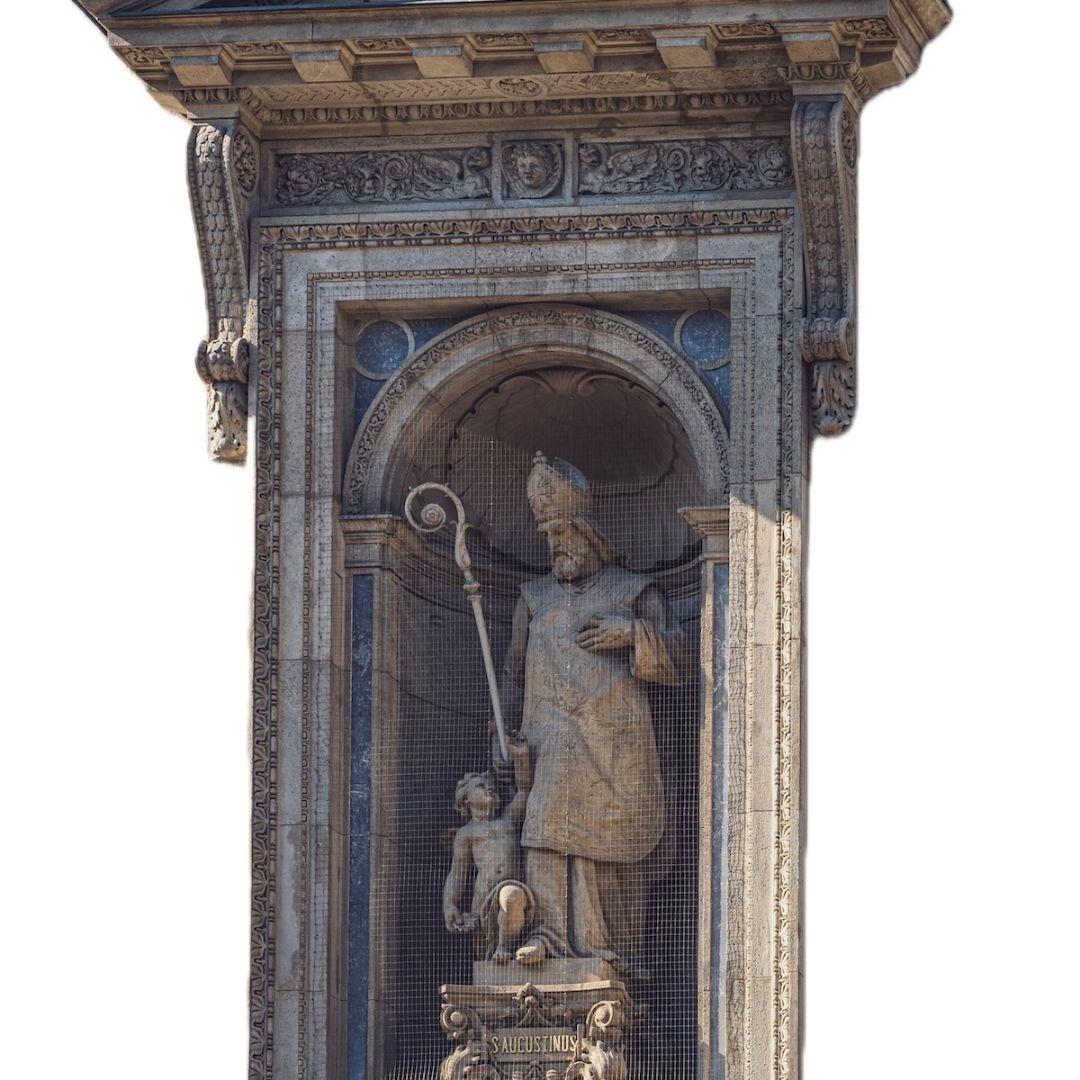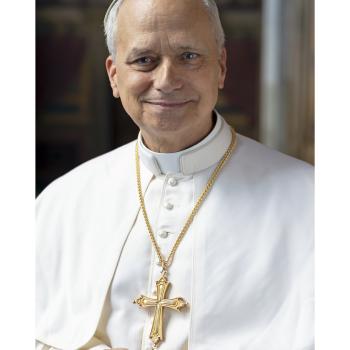Augustine begins his prologue of De Doctrina Christiana addressing fundamentalism. Fundamentalism is present today in the Church in some sectors. It takes the form of a certain anti-intellectualism and seems to be present in the traditionalist and charismatic sectors. Augustine argues for deep Christian formation that will help overcome anti-intellectualism and lead to a deeper grasp of the mysteries of the faith.
He writes the work in two different moments. The first three books come from his early years as bishop. But, he goes back to it writes the fourth book and the prologue. So his prologue addresses many problems he has seen over the course of his time as bishop. It reflects his own intellectual conversion, as well as the various controversies he has faced.
Those who do not understand
As such a brilliant mind and teacher, it must have been frustrating to have so many people criticize him because of their own lack of knowledge. (Augustine, De Doctrina Christiana, 0.2) For him, it was simply to deal with ignorance.
Those who do not get what they want
Others read and understand his rules, but do not then receive the capacity to interpret passages of the Bible which are still beyond their understanding. Pope Benedict speaks of the dark passages of the Bible. He “encourage[s] scholars and pastors to help all the faithful to approach these passages through an interpretation which enables their meaning to emerge in the light of the mystery of Christ.” (Pope Benedict XVI, Verbum Domini, 42) Getting to know the rules of interpretation are no guarantee to understand everything in Scripture.
Those who are assisted directly by God
Augustine mentions a third group. These are those who feel that they are assisted directly by God and do not need his teaching. He is dealing with an anti-intellectual group. Perhaps he is thinking of the Donatists, who set up a parallel church following the controversy over the lapsed clergy. They tended to be more charismatic and rejected everything coming from the Church united to Rome. These are those who “divinas Scripturas vel re vera bene tractant vel bene tractare sibi videntur.” (Augustine, De Doctrina Christiana, 0.2) They either really understand the reality of Sacred Scripture or at least they think they do.

It is hard for me to not associate this attitude with the Protestants when they claim they are able to know God’s Will “sola Scriptura.” They think that Scripture alone is enough. Augustine comes back to them when he criticizes that some think they are enlightened by God directly. Yet, they dare to teach others. If they truly knew the truth directly from God, why do they teach others? It would make sense to send others to God.
The necessity of teaching
Augustine is actually getting at something deeper here, and it is the interdependence of learning for the sake of salvation. He is applying an incarnational principle. Just as God became man, he also uses other human beings to help us along the path to salvation. It is something deeply sacramental. It takes humility to recognize that we are able to learn from someone else. And yet, it seems that God wants this humility for us to get to know the truth.
He points out as well that Paul was sent to Ananias when he had his conversion experience. (Acts 9:10-19) There is a profound experience of the sacramentality of human existence. We could argue that all of human existence is sacramental. There are signs that point to deeper reality. This will come out in the first book of De Doctrina Christiana when Augustine reflects on “res et signum.”
Fundamentalism in the Church
Fundamentalism is an attitude that comes up throughout Church history. There is a bit of anti-intellectualism. The fundamentalist likes to come up with a few basic tenets and then hold on to them ferociously, confident that thereby he is better than other hangers-on of the religion. In our own times, we see this attitude among many evangelicals. Sola Scriptura is a doctrine that reeks of fundamentalism.
Fundamentalism among Traditionalists
Within Catholicism, this could describe the position of many traditionalists. Perhaps it is this version of Catholics that is particularly bothersome to Pope Francis. He spoke of it in a colloquial interview with Jesuits in Portugal. (Antonio Spadaro, “The Water Has Been Agitated”, 5 August, 2023) I would argue that preferring tradition is not in and of itself fundamentalist, but holding on to the past for its own sake can lead to a closed attitude.
Fundamentalism among Charismatics
“Classical Pentecostalism, from which the “neo-Pentecostalism” of the Charismatic Renewal derives, is essentially a form of fundamentalist evangelical Protestantism and has derived much of its substance from the Methodist Revival Movement of the nineteenth century.” (Gary Hershman, “A Closer Look at the Charismatic Renewal”) The Charismatic Movement would do well to examine fundamentalist attitudes in their way of being and acting. Rather than recognizing their form of worship as an expression of the Spirit, they expect the rest of the Church to change to become more like them. This is a confusion between the Spirit and some of his manifestations.
Augustine’s Response
Augustine feels the pressure of the fundamentalist pressures around him. This could be coming from Gnostic or Manichean sectors, as well as some who are within the bosom of the Church. He argues against the anti-intellectual current by proposing a deeper education. By encouraging Christians to become educated and to know their faith more deeply, he is able to effectively stamp out the anti-intellectual current. We would do well to do the same. Ignorance is rampant in the Church. If we are able to educate the lay faithful, they will be much less susceptible to demagogues and counterfeit spiritualities that seek to distract them so as to avoid them attaining the higher things. (cf. 1Cor. 12:31)
Second of a series on De Doctrina Christiana. Subscribe to the newsletter to never miss an article.
Check out Augustine’s 3 keys to forming Christian culture here.













